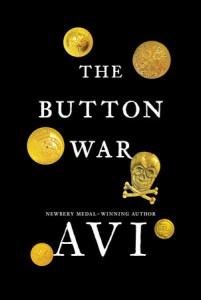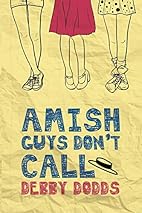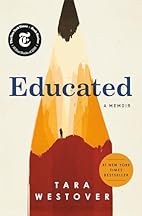At some point, I decided I did not need a professional and a personal blog since I really wasn’t blogging all that much anyway. I went full time to In Another Place. I kept the Simply Karen domain and, like that pile of blank books I seem to accumulate, figured I would have a use it for at some point. So, here we go. I’m going to post my daily Wordle games!
Stop laughing…I’m joking, of course. I am going to post my Photos of the Day here. I’m optimistically following along with Chantelle Ellem’s, aka Fat Mum Slim, daily themes. I am going to upload them to Flickr, then post here with whatever stories they have to tell.
I make no promises to myself or others. I’m now posting to two blogs as well as trying to be a more active member of LibraryThing. But, I also have a very mellow schedule in the next month or two so I think, if I add it to the reminder list, I may just be successful. Of course, as always, I am a practitioner of “dailyish.“*
Welcome! I’ll get caught up on the photos tomorrow. For now, the photo at the top is my favorite from 2022. I was walking in the Meadow, part of my parents’ retirement community in Cornwall, Pennsylvania.
*Truth in advertising: This link will take you to my other blog.









